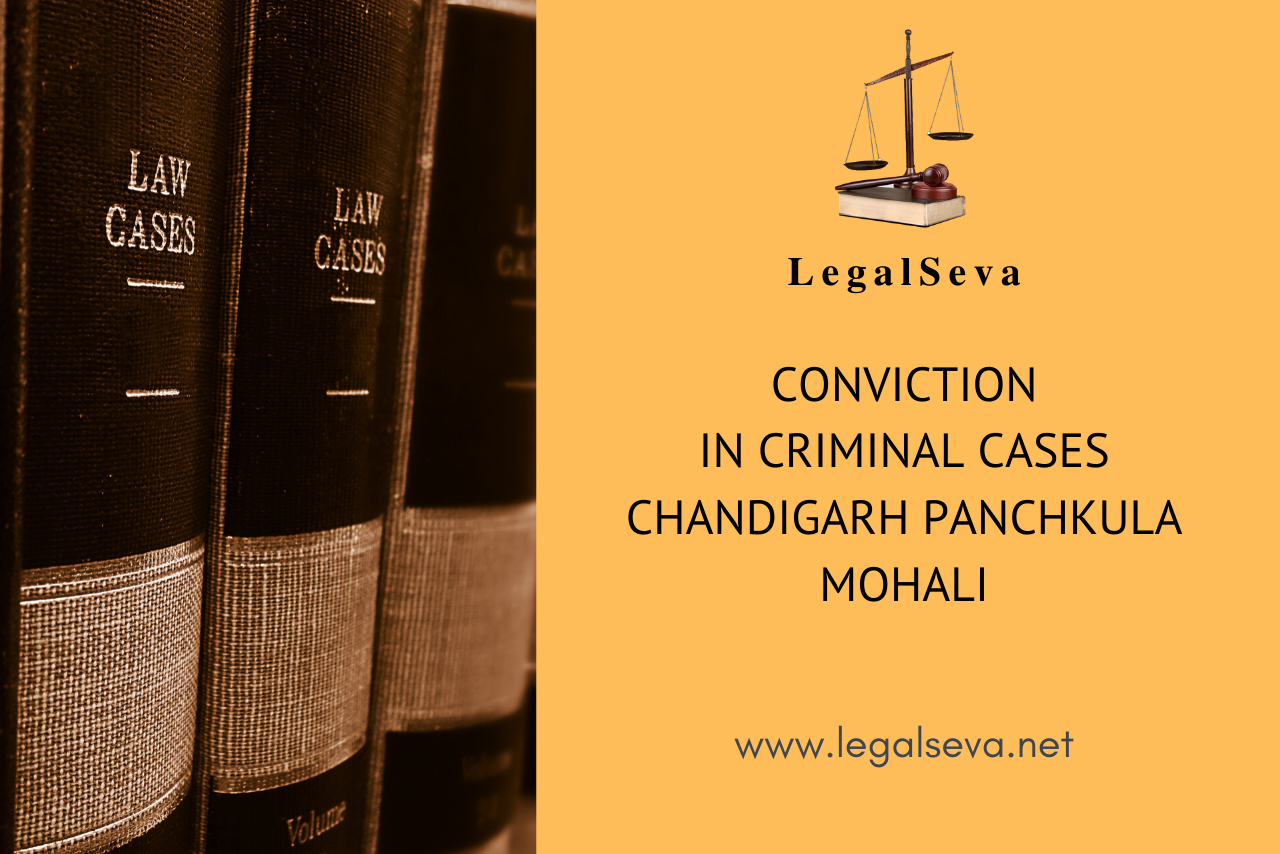Last Updated on July 7, 2024 by Satish Mishra
The criminal law in India has been codified in the Penal Code and in the criminal procedure code; the former code specifically deals with offences and states that what matters will afford an excuse or a defence to charge for an offence.
CrPC on the other hand provides the machinery for the detection of a crime, apprehension of suspected criminals, collection of evidence and imposition of suitable punishment on guilty person. The procedure for a criminal trial in India is primarily governed by criminal procedure code.
Conviction in Criminal Cases
Also Read- Stages of Criminal Trial in India
At the present stage of civilization, it has been universally accepted as a human value that a person accused of any offence should not be punished unless he has been given a fair trial. The major attributes of fair criminal trial are enshrined in article 10 and 11 of universal declaration of human rights:
Article 10: Everyone is entitled in full equality to fair and public hearing by an independent and impartial tribunal, in the determination of his rights and obligations of any criminal charge against him.
Article 11: Everyone charged with a penal offence has the right to be presumed innocent until proved guilty according to law in a public trial at which he has had all the guarantees necessary for his defence.
Also Read- Criminal Complaint to Magistrate
Some of the vital elements of fair trial are:
- Presumption of innocence
- Right of accused to know the accusation.
- The accused person to be tried in his presence.
- Evidence to be taken in presence of accused
- Right of accused person to cross examine prosecution witnesses and to produce evidence in defence
- Right of the accused person to have expeditious trial.
Also Read- Direct Fir Registration in Chandigarh Panchkula Mohali
Stages of a Criminal Trial:
I will try to explain various stages of a criminal trial with a post highlighted below :
Also Read- Fir in Chandigarh Panchkula Mohali Zirakpur
Complaint: On September 2016, a man had filed a police complaint at Civil Lines Police Station, stating that her three year old daughter had gone missing after an electrician who had worked for him, had taken her along on the pretext of playing and disappeared thereafter.
FIR: An FIR was lodged at a Civil Lines Police Station.
Charges Framed: An accused was charged with the offences under Sections 363 (kidnapping) and section 365 (abducting with intent to wrongfully confine a person). Additionally he was charged under section 302 (murder), S.201 (destruction of evidence) under IPC and under section 6 (aggravated assault) of POSCO act.
Also Read-Reinvestigation by Police
Interrogation: Accused claimed soon after being employed, he was given accommodation at his employer’s house. During the stay, he became friendly with the girl, taking her out to play was regular affair for him.
Conviction: On the basis of police investigation and forensic evidence, the court held him guilty on all accounts and awarded him life imprisonment and imposed a fine of Rs. 1.8 Lakh
Also Read- Apply for Bail but When and How?
Rest for case specific advice, please contact best/top/expert Criminal Lawyer Advocate of Chandigarh Panchkula Mohali.
More on 99888-17966.
